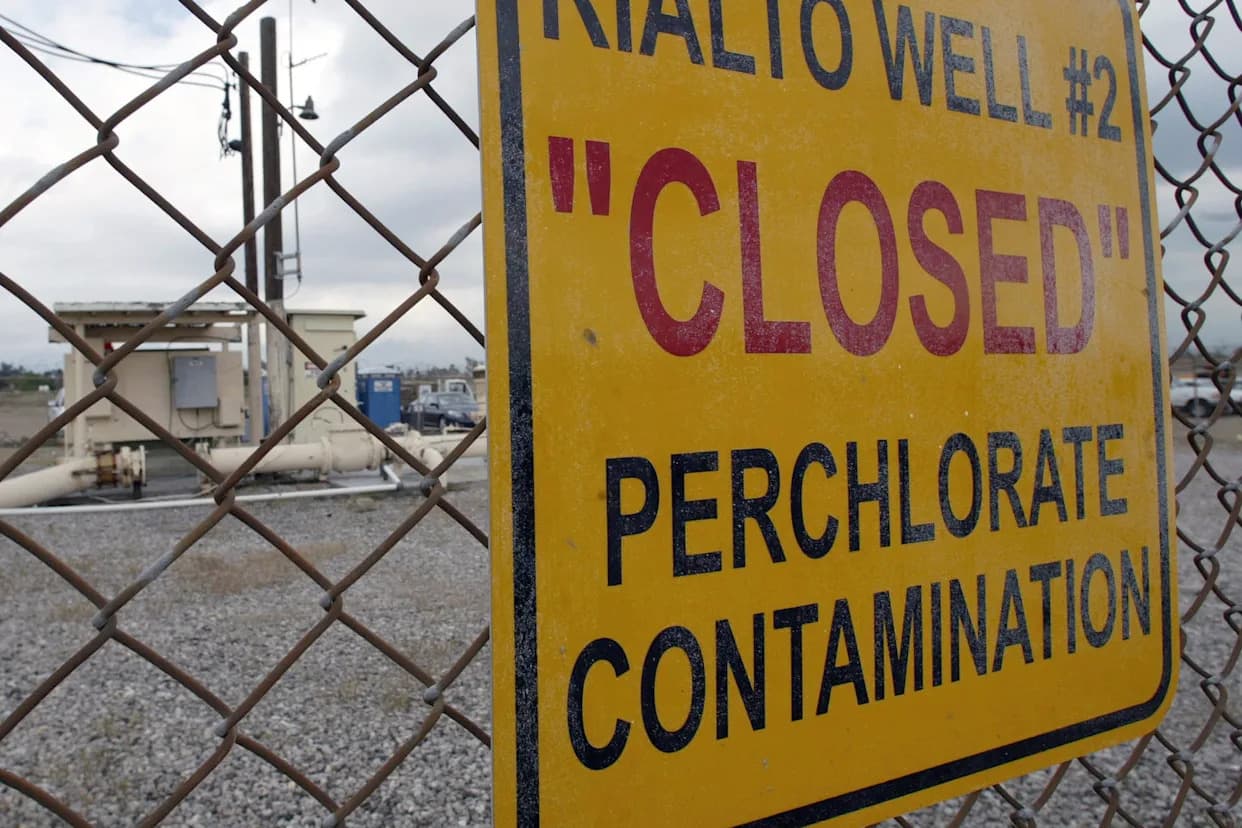SeoulTech researchers report that fluorinated covalent organic polymers (FCOPs) can rapidly adsorb beta‑blocker drugs from water, removing over 70% of atenolol and 67% of metoprolol within one minute in lab tests. The catalyst‑free polymer uses fluorine plus electrostatic and hydrophobic forces to pull pharmaceuticals onto its surface, with evidence of multilayer adsorption at higher concentrations. While promising for wastewater treatment, further testing in real wastewater, regeneration, scalability and environmental safety assessments are needed.
New Fluorinated Polymer Rapidly Removes Beta-Blocker Pollution from Water, SeoulTech Study Shows
Researchers at Seoul National University of Science and Technology (SeoulTech) report a promising new material that rapidly extracts common beta‑blocker drugs from water, offering a potential advance in wastewater treatment.
Beta‑blockers such as atenolol and metoprolol are life‑saving medicines for many patients, but their chemical stability means they often pass through wastewater treatment plants and enter rivers and lakes. Even at trace concentrations, these pharmaceuticals can interfere with metabolism and reproduction in fish, algae and other aquatic organisms, undermining aquatic food webs and water quality.
What the researchers did
Led by Professor Yuhoon Hwang, the SeoulTech team synthesized fluorinated covalent organic polymers (FCOPs) via a simple, catalyst‑free process. In controlled laboratory experiments, these FCOPs removed more than 70% of atenolol and 67% of metoprolol from water within one minute.
How the material works
The polymer's fluorine atoms create strong molecular interactions with pollutant molecules, while electrostatic and hydrophobic attractions help pull beta‑blockers out of solution and onto the polymer surface. The researchers observed that adsorption rates increased at higher pollutant concentrations, consistent with multilayer stacking of molecules on the polymer — a mechanism that can dramatically boost capacity and efficiency.
“These synergistic interactions comprehensively explain the outstanding adsorption capacity of FCOP,” said Professor Hwang. “Our findings could serve as a valuable foundation for designing next‑generation adsorbents.”
Potential and caveats
If adapted for use in wastewater treatment, FCOP‑based filters could substantially reduce pharmaceutical contamination, protect wildlife and help ensure cleaner drinking water. However, additional studies are needed to test performance in real wastewater matrices, assess long‑term stability and regeneration of the polymer, evaluate cost and scalability, and confirm environmental safety of any byproducts.
As research on FCOPs advances, this material may join a growing portfolio of technologies aimed at safeguarding water resources and preserving biodiversity.
Help us improve.


































